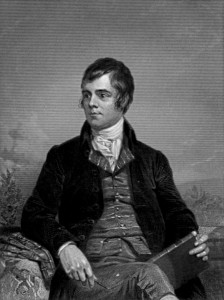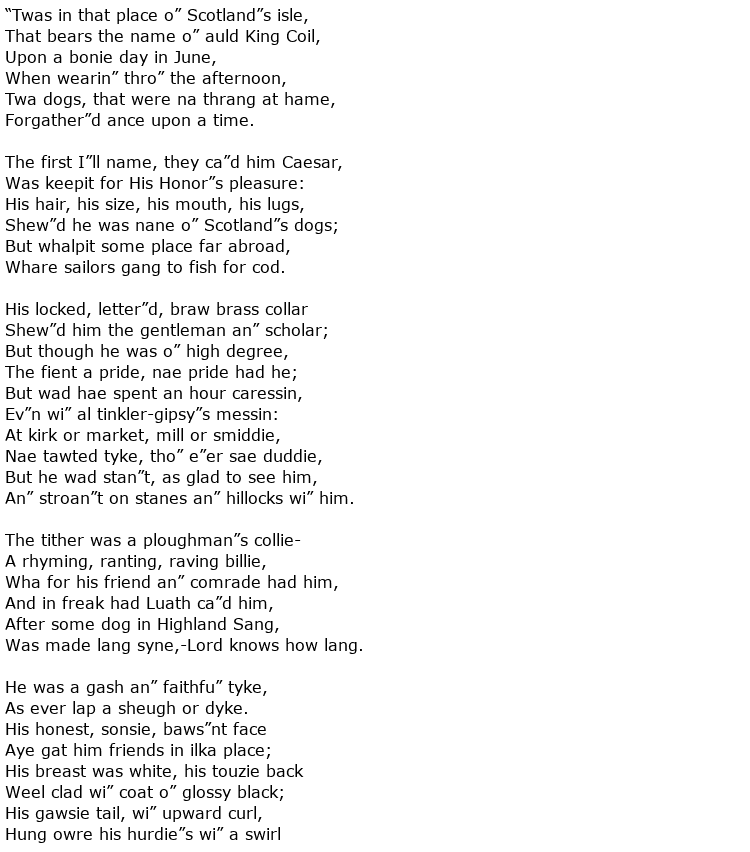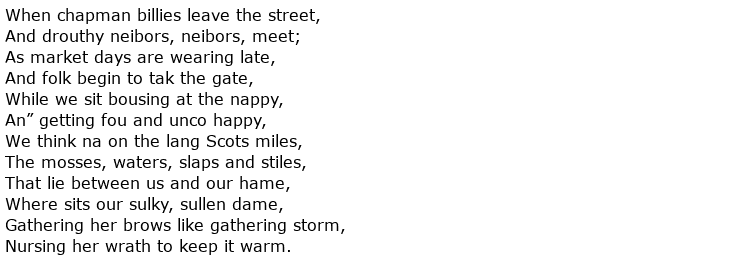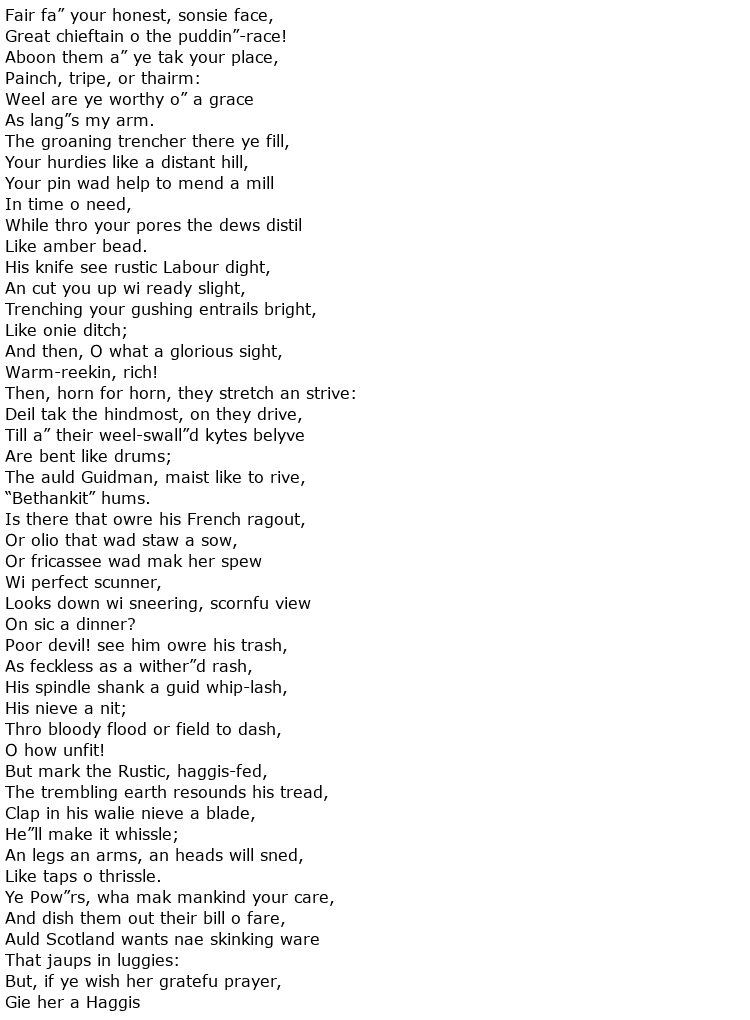 When I was living in England, it was part of our routine each month to enjoy visiting a new village or town. Oftentimes, the location was selected at random, almost like throwing a dart at the map and going where ever the dart landed. One of those trips led us into Scotland, to a play called Ayr. We had a lovely weekend and the entire family enjoyed touring through the little villages nearby. During one of the little jaunts around the countryside, we stopped our car to look at our map … and then realizing that we had parked right next to the former home of Robert Burns.
When I was living in England, it was part of our routine each month to enjoy visiting a new village or town. Oftentimes, the location was selected at random, almost like throwing a dart at the map and going where ever the dart landed. One of those trips led us into Scotland, to a play called Ayr. We had a lovely weekend and the entire family enjoyed touring through the little villages nearby. During one of the little jaunts around the countryside, we stopped our car to look at our map … and then realizing that we had parked right next to the former home of Robert Burns.
Burns grew up in rather difficult conditions. His family farm required that he work there every day throughout his childhood. He received his education primarily from his father, who taught Burns and his brothers and sisters the basics of education. In today”s age, many are praising the homeschool concept as a new and effective means of educating children. Although there is nothing new about it, taking one look at the works of Robert Burns should serve as evidence to its potential for being an effective educational process.
Burns” first collection of poems was published in 1786 after the author pleaded for assistance in raising funds. It seems that he had caused a young lady to become pregnant, and the girl”s father was pursuing Burns for a sizable sum of money. John Wilson printed Poems, Chiefly in the Scottish Dialect for Burns. This collection, known generally as the Kilmarnock Edition, contained many of his better poems; his ability was recognized immediately by the public and Burns was soon hailed as a superb Scottish poet. An excerpt from this collection, The Twa Dogs, is provided below.
The Twa Dogs (excerpt)
by Robert Burns

Burns soon received word that some gentlemen from Edinburgh were interested in seeing a second edition of his work, and so he set out immediately for that location. Within a short time, the Edinburgh Edition of Poems, Chiefly in the Scottish Dialect was published, and Burns found himself clearly on the way to being a noted poet. During his stay in Edinburgh, Burns had the opportunity to mingle with many of that city”s aristocracy. It was noted in later writings that Burns had made a tremendously positive impression on the people whom he encountered. In particular, a young Walter Scott was quite impressed with Burns and wrote some very positive and compelling comments regarding the country poet. Shortly after Burns returned to Ayr, he wrote Tam O”Shanter, the tale of a drunken farmer who stumbled upon a group of witches who chase him and his horse across a river.
Tam O”Shanter (excerpt)
by Robert Burns

Burns poetry led him the people to refer to him as the Bard of Ayrshire, the Ploughman Poet and, simply, The Bard. Burns” works are celebrated each year on his birthday with Burns Suppers — a ritual of readings and one of Burns” favorite meals, Haggis. Here, in the original Scots dialect, is Address to a Haggis, which is one of the many poems read during a Burns Supper.
Address to a Haggis
by Robert Burns


